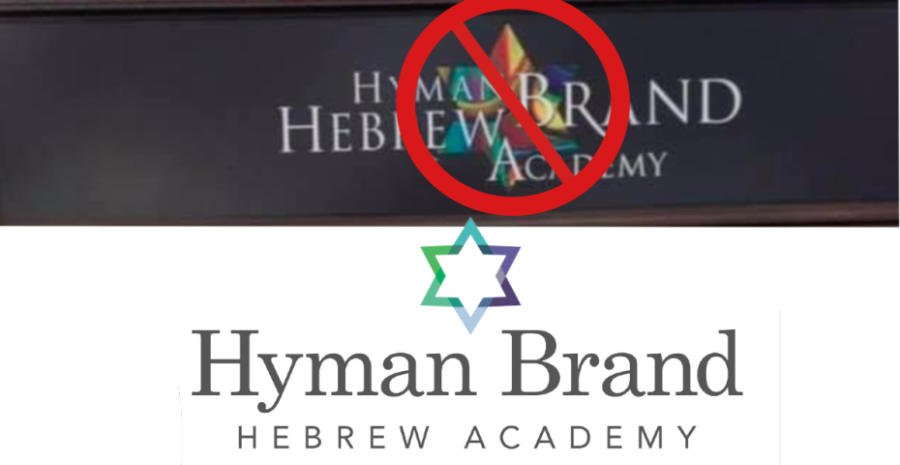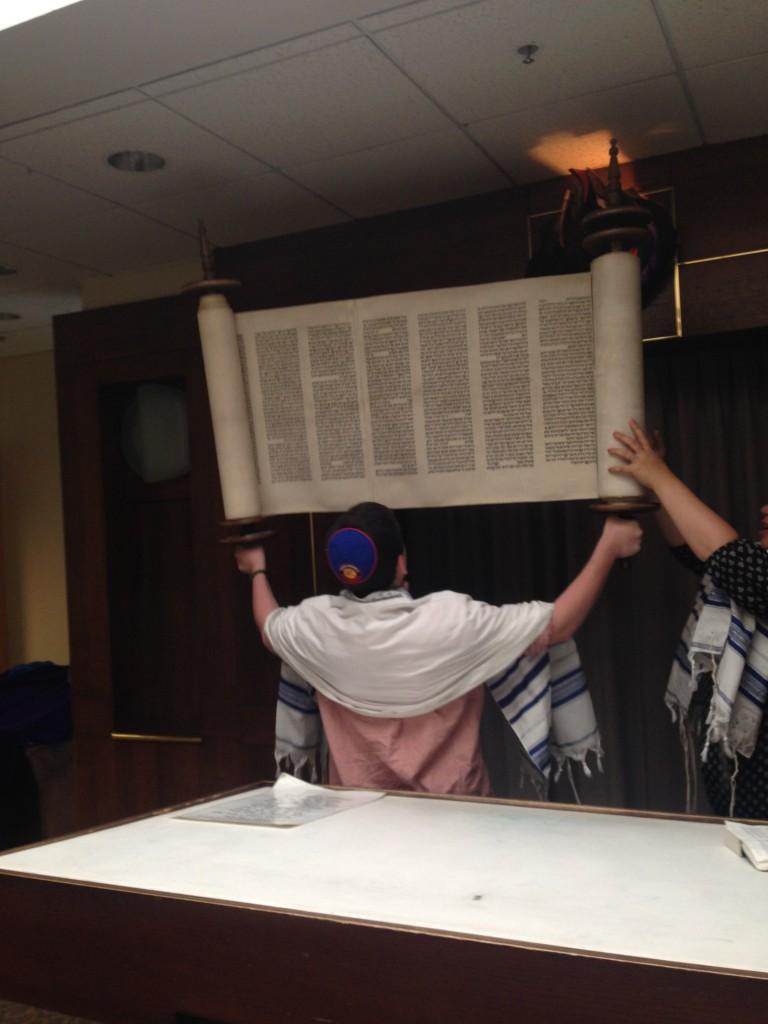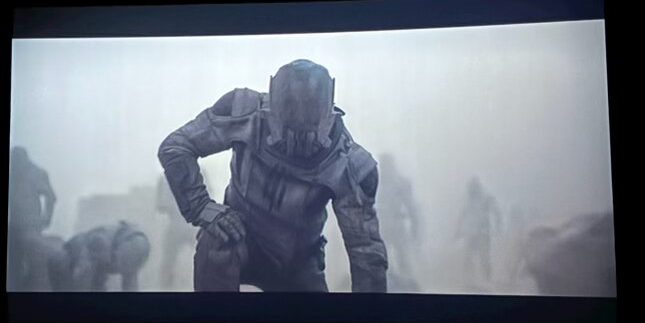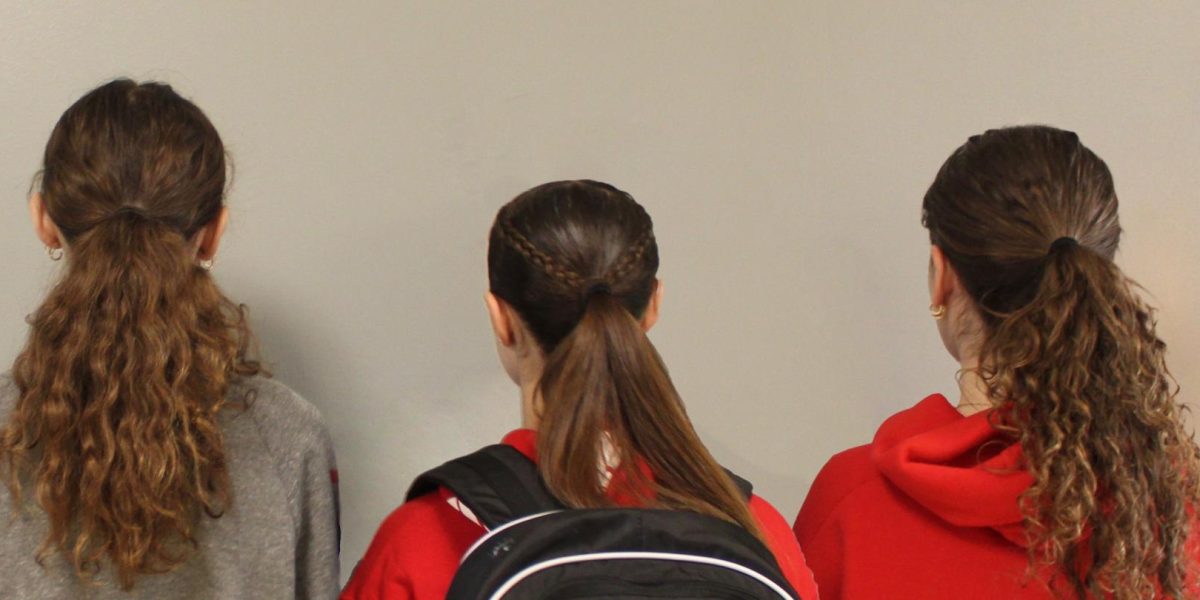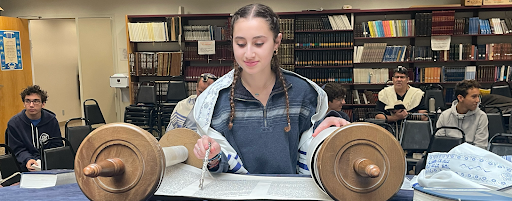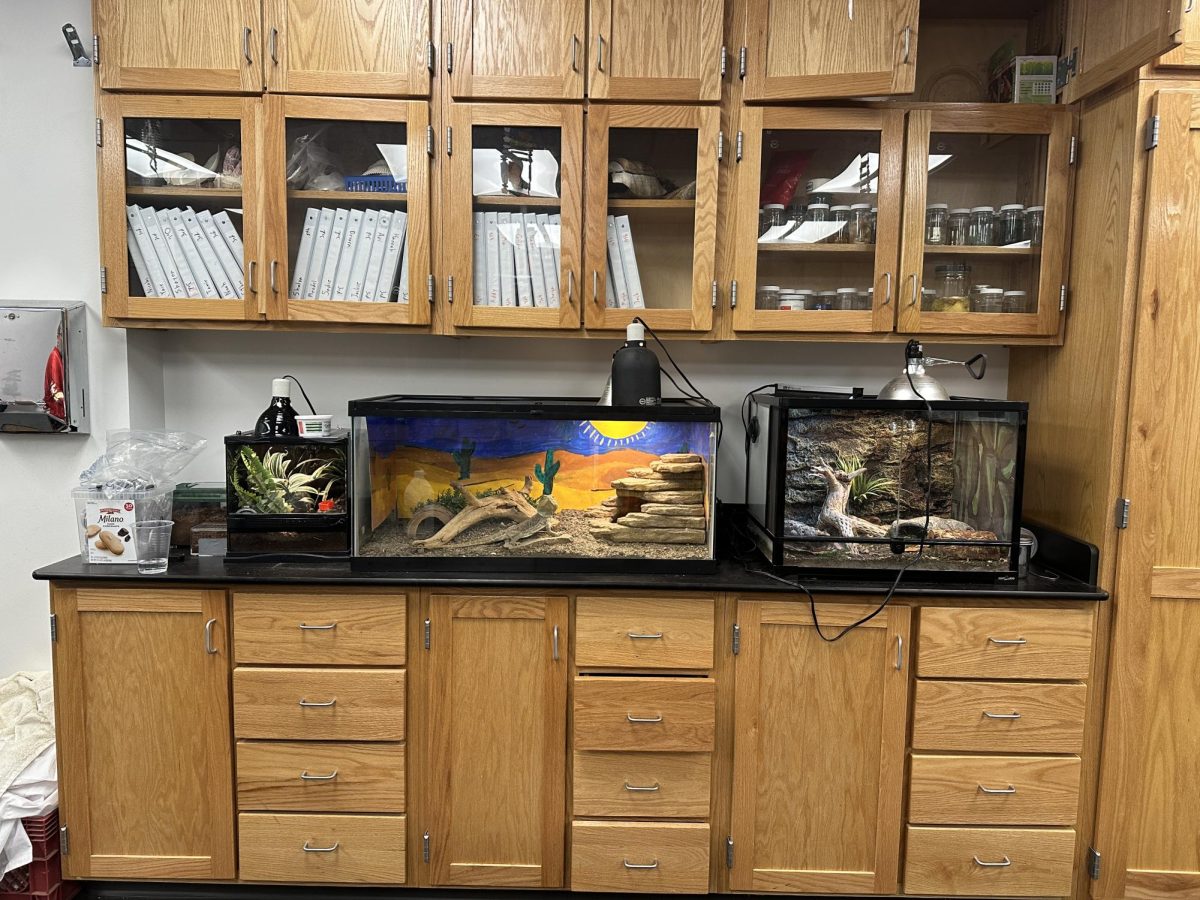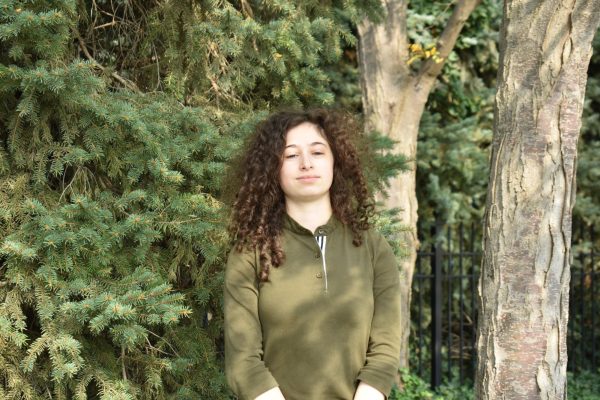In the ocean, fish swam peacefully, and overhead, birds soared. Everywhere was green, and everywhere, nature sprouted, and everywhere, it was beautiful. It was paradise; the world had just been created.
On Rosh Hashanah, the world officially entered its 5,784th year. Well, according to Judaism, that is. According to scientists, the world is actually much older than that, older by about 4.5 billion years.
So the question then becomes, how can this be reconciled?
Here are some possible answers:
In an article by Chabad.org, Rabbi Moshe Bogomilsky refers to Chullin 60a, which explains that Hashem created the world in an already-developed state. Adam and Eve were not created as infants, but rather as adults. There were not only seeds in the ground, but fully-grown, fruit-bearing trees. These two aspects alone seem to suggest that it’s not only possible, but inevitable that science would argue that the world is older than it really is.
School Rabbi Elizabeth Bonney-Cohen suggests, instead of teaching the history of how the world came into being, the story of creation is instead supposed to “convey a truth about the nature of G-d,” and help us understand our relationship with Him. She bases this theory on the seemingly two separate creations (see chapters one and two in Genesis). On the one hand, G-d is impossible to reach and comprehend. But on the other hand, G-d is actually very close to us, and even refers to us as His children.

Rabbi Tzvi Freeman, in a Chabad.org article, says that the year discrepancy can be explained in terms of an analogy. If you had the ability to talk to players in a role-playing game, each character having their own consciousness and memory, they could tell you all about their life story and history of their world. If you then told them that they actually appeared out of nothingness on the television screen five minutes ago, they wouldn’t be able to comprehend it.
So too it is with our world; by using our “natural laws” of time, space, and patterns of energy, we don’t understand how our world only came into being “five minutes” (or 5,784 years) ago. And these “natural laws,” of course, are only natural because G-d, when He created the world, gave it these parameters.
In addition to Rabbi Freeman’s approach, Rabbi Sosover adds the following: In Parshat Noach, there is a world-wide, 365-day-long flood. It’s likely that the flood had a large impact on the environment, making it appear a lot older than it really is. Furthermore, the nature of the world until this point in time was very different from what it is today, as is evidenced by the fact that people lived to nearly 1,000.

All of these theories seem to amply take care of the discrepancy in years between the Torah and science. Yet despite all these (and many other unlisted) possible explanations, there will still be those who say that science does indeed contradict the Torah, and that all these theories exist only because people of faith are grasping at straws to explain how their religion is not false.
And the truth is, to be skeptical about these theories is completely understandable. After all, how is it even possible to believe that the world is less than 6,000 years old, when everything we know about science and the natural order of the universe tells us otherwise? Can someone even claim to be a Jewish scientist?
The answer is yes, they can. As proven above, there are many possible explanations to explain this seeming discrepancy between the Torah and science. It’s true that placing your faith in something that doesn’t make sense to you is difficult; in fact, it’s extremely difficult. But it’s not impossible. Explanations surely exist; they just have to be sought out.








